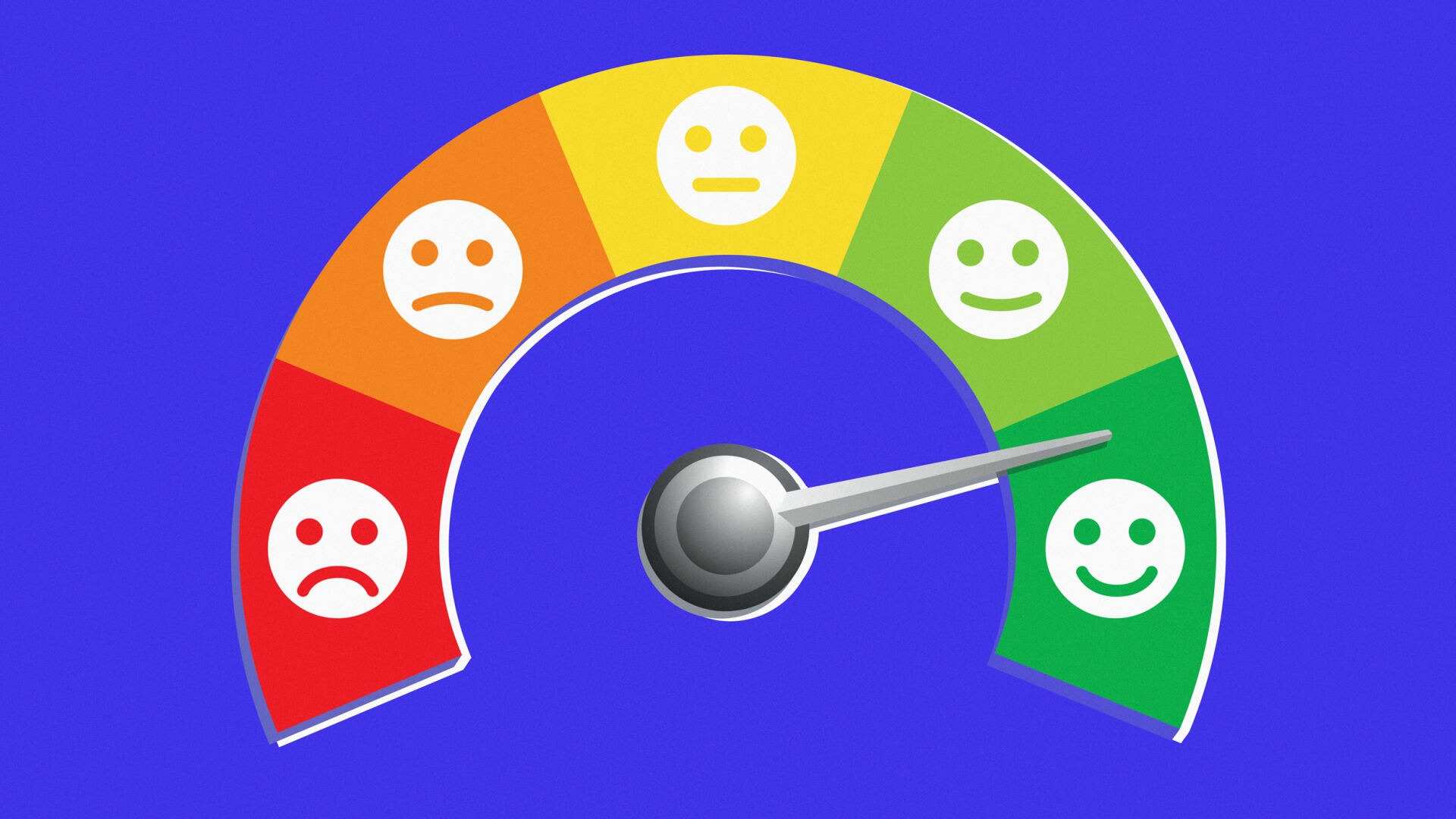- | 8:00 am
Why we need fewer performance reviews—and more check-ins
In his new book, leadership expert Ashley Goodall argues that check-ins are a more personal way for teams to set goals.

Performance management, if you’re not familiar with the term, is the slightly Orwellian name given to the process involving goal-setting, annual or semiannual reviews and feedback, and performance ratings, and in its traditional form, it represents a kind of all-you-can-eat smorgasbord of our worst and most erroneous ideas about human performance. Goals must be set for people, because they are extrinsically motivated and otherwise probably won’t do much work. Performance reviews and ratings are needed because if people aren’t told where they stand and how to improve, they’ll never get any better—certainly not of their own volition.
A different approach—one that I have introduced at both Deloitte and Cisco—starts with the individual, and the need for space. It’s called a check-in.
Here’s what one looks like. Each week, a team member answers four simple questions: what they loved about last week; what they loathed about last week; what their priorities are for this week; and what help they need from their team leader. They send the answers to these to their team leader, and this constitutes both a “request” for a response, and also the starting-point for a conversation. The team member and team leader then find some time to talk, and the team leader asks questions to understand what made the difference last week for the team member (good or bad), to make sure they understand the thinking behind the priorities the team member has identified, and to figure out how to provide whatever help the team member needs. And when this is done, the two of them end the conversation if they’re in a hurry, or else talk about whatever else seems important, mainly at the behest of the team member.
If that sounds simple, it’s because it is. No forms to fill in; no abstractions to gauge people against; no review and approval up and down the chain; no goals; no ratings; no mandatory feedback. Just two people, talking together about work and how to handle it, together.
The team members and team leaders of Cisco have conducted more than 11 million of these check-ins over the last half-dozen years, and have studied their impact closely. Cisco has looked at the difference between those who check in and those who don’t; those who check in digitally and those who talk live; those who check in often and those who check in seldom; and many other configurations and permutations of these simple, predictable conversations. The researchers there have arrived at the following conclusions.
Firstly and most importantly, checking in meaningfully increases wellbeing, engagement, performance, and employee retention.
Secondly, more frequent check-ins lead to larger increases in these things.
Thirdly and unsurprisingly, live conversations are better than digital exchanges (comments online, for example), which in turn are better than nothing.
Fourthly, the more useful digital exchanges are those when the team member knows that what they have shared has received the attention of their team leader, and the less effort the team member has to expend in order to figure this out, the more the impact on their performance. If I can easily see that my manager looked at my answers to the questions this week, in other words, that’s valuable to me even when we don’t necessarily have a live conversation.
And fifthly, the more lost-in-the-crowd someone feels at work—for example, if they are on a larger team—the more often they initiate a check-in. The first reaction to loneliness at work not to look for the exit, but rather to ask for attention.
The first thing is predictability. Check-ins are, ideally, a weekly ritual—with the first part, the team member answering the questions, happening on a Friday or a Monday, and the second part, the conversation, happening on one of the remaining days. When the Cisco researchers looked at less frequent check-ins, they found that a once-every-three-weeks check-in had no discernable positive or negative effect on performance or engagement, and that a once-a-month check-in was actually associated with a decrease in engagement.
Beyond that, the predictability of a weekly check-in creates even more space within the conversation itself. There are some things it’s hard to schedule a conversation about, especially with a boss. Few of us want to send a meeting invitation for time to address a personal issue, or to rehash something that went awry, or to ask about career opportunities, or to share a fear.
A clue to the second thing that makes a difference is that the overall effectiveness of check-ins is closely related to the frequency with which they occur. Traditional performance management conversations are a once- or twice-a-year thing, so their topic is a half-remembered abstraction of what’s gone on over the course of the last six months. In check-in land, ideally, you get to discuss how work is going once a week.
When the Cisco researchers were looking at the relationship between frequency and effect, they found that a biweekly conversation had a clear, positive effect, and that a weekly conversation had a really very big indeed positive effect. This explains the accountability that Cisco established (and tracked) for team leaders and which became one of the “walls” of a check-in: Team leaders were not held accountable for check-in frequency, because the invitation to check in was at the behest of the team member; instead, they were held accountable for responding to every single request, either digitally, in person, or both.
Excerpted with permission from The Problem With Change by Ashley Goodall. Copyright © 2024 by Ashley Goodall. Used with permission from Little, Brown Spark, an imprint of Little, Brown and Co.







































